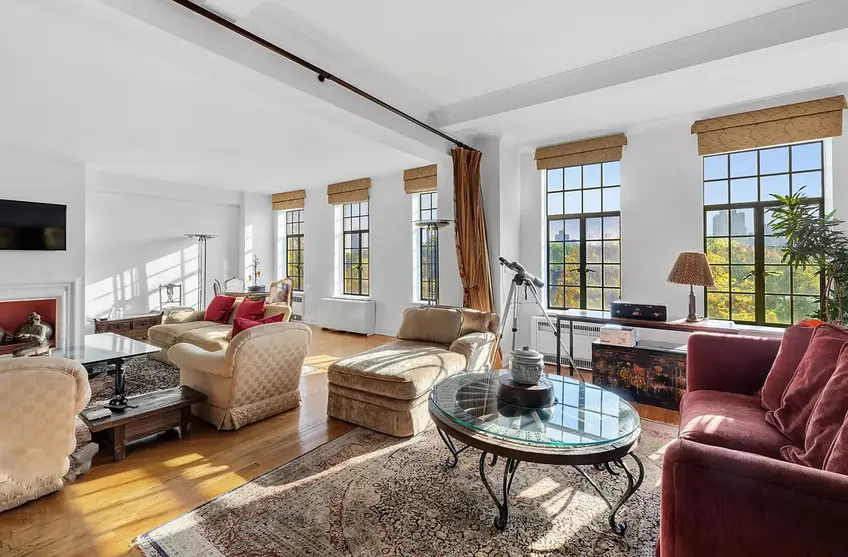 The Eldorado, #6E (Douglas Elliman Real Estate)
The Eldorado, #6E (Douglas Elliman Real Estate)
If you're shopping for a co-op, your financial information will be carefully scrutinized by the board. While this may feel nerve-wracking, in this case, financial scrutiny is a two-way street. In fact, if you're thinking of becoming a shareholder, it is essential to carefully consider the financial health of the building in question.
In this article:
Why a Co-op’s Financials Matter
If you're seeking financing to purchase a co-op, expect your lender to be nearly as concerned with your finances as they are with the co-op's finances. After all, if you are borrowing money to become a shareholder, the lender will want to determine how much the building is worth and if there is any risk of immediate or future insolvency. If the building poses a financial risk, they likely won't agree to finance the purchase, even if you possess a strong credit history. But this isn't the only reason a co-op's financials matter.Co-ops with little or no debt and demonstrated histories of savvy financial management are generally able to cover routine maintenance, unexpected upgrades, and even desirable but unnecessary capital improvements without imposing high assessments or hefty permanent fee increases on shareholders. While any co-op can raise fees, and most do so annually to keep up with the pace of inflation, as a rule, buildings with solid financials are better able to avoid the type of increases that price out current shareholders.
Common Red Flags
Given that a co-op’s financials not only impact one’s eligibility for financing but can also lead to sharp, unexpected fee hikes in the event of required repairs (e.g., a major façade repair), it is important to know how to spot common red flags.- The ratio of assets to liabilities. As a rule, if the building's assets (its current market value) are less than its liabilities (what it owns to lenders, tax authorities, etc.), you should think twice about proceeding with a purchase. In fact, in most cases, buyers should only proceed if and when the co-op has evidence of at least a 1:1 ratio of assets to liabilities.
- Annual operating costs. Another key consideration is operating costs. Are they generally stable, or do they fluctuate wildly from year to year? If there are fluctuations, it is important to understand why — e.g., was it due to a necessary repair, or due to newly elected board members opting to take on unnecessary projects?
- Itemized repairs. On a related note, potential buyers should pay attention to what the co-op is itemizing in their list of repairs. The more details a co-op can provide, the more likely it is that there will be no unpleasant surprises down the line.
- Rainy-day fund. There is no better way to assess the financial health of a co-op than to assess the building's reserves. Do they have any reserves, and if so, how deep are their reserves? If they have to replace a boiler or HVAC system or fund a major façade repair to comply with city bylaws, can they do so without passing on most or all of the costs to shareholders?
Putting Your Real Estate Attorney to Work for You
In the real estate world, New York State is known as an “attorney state.” In other words, you can’t close on a property without hiring an attorney. While an attorney’s presence certainly adds to one’s closing cost and can extend the time it takes to close on a property, it is important to remember that in New York City, attorneys aren’t just employed to redline purchase contracts and ensure all the right documents are signed before a property changes title. Another key part of any real estate attorney’s work is the unenviable task of reviewing the co-op board’s financials and minutes to ensure there is nothing questionable happening behind closed doors.In addition to looking for common red flags in a co-op’s financial statement, real estate attorneys typically dig deeper, scanning the co-op board’s minutes for other problems. Did a visitor slip on the sidewalk outside the co-op during an ice storm, and is it possible they will sue the co-op? If so, does the co-op have enough liability insurance to cover the cost? Finally, how might this impact the co-op's insurance premiums in the future? Likewise, any good attorney will scan the building's notes for other signs of instability, unrest, and wrongdoing. Are residents always fighting to take over positions on the board due to ongoing disputes? Do shareholders have vastly opposing views on when and how the building's resources should be invested or spent? While not always directly related to a building's financials, a co-op board's minutes can reveal a great deal about a building's unaccounted liabilities, resident infighting, and short- and long-term likelihood of engaging in potentially extravagant capital expenditures.
Newly-listed cooperative apartments with open houses
The Eldorado, #6E
$5,700,000
Central Park West | Cooperative | 3 Bedrooms, 4 BathsOpen House: Sunday, December 8, 2024

The Eldorado, #6E (Douglas Elliman Real Estate)

The Sheridan, #5A
$1,950,000
Greenwich Village | Cooperative | 2 Bedrooms, 2 BathsOpen House: Sunday, December 8, 2024
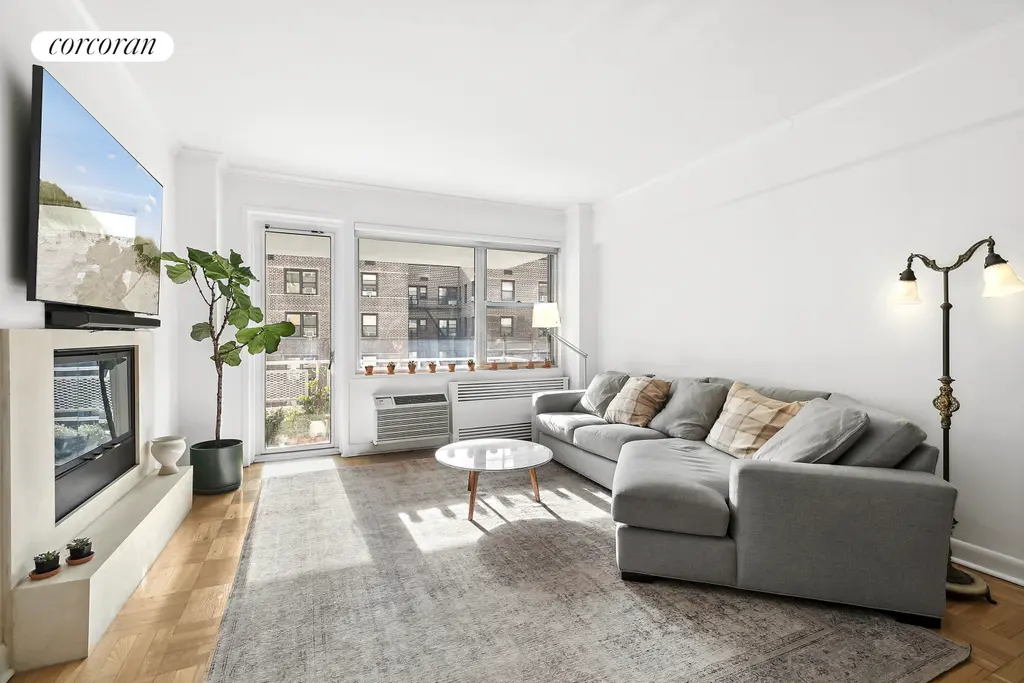
The Sheridan, #5A (Corcoran Group)
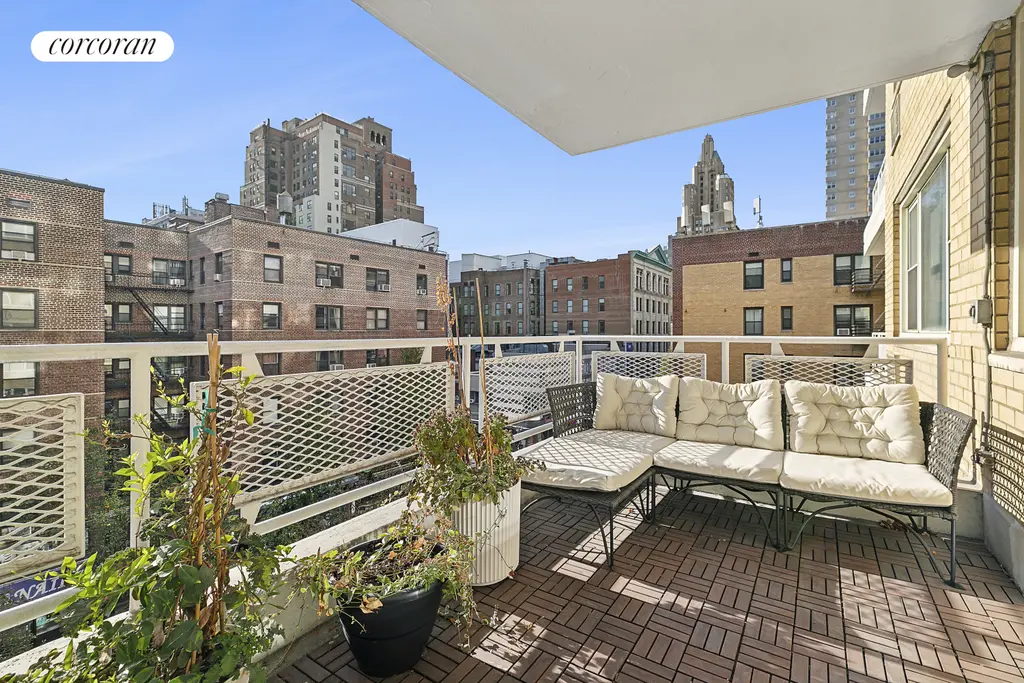
255 West 98th Street, #3B
$1,650,000
Riverside Dr./West End Ave. | Cooperative | 3 Bedrooms, 3 BathsOpen House: Sunday, December 8, 2024
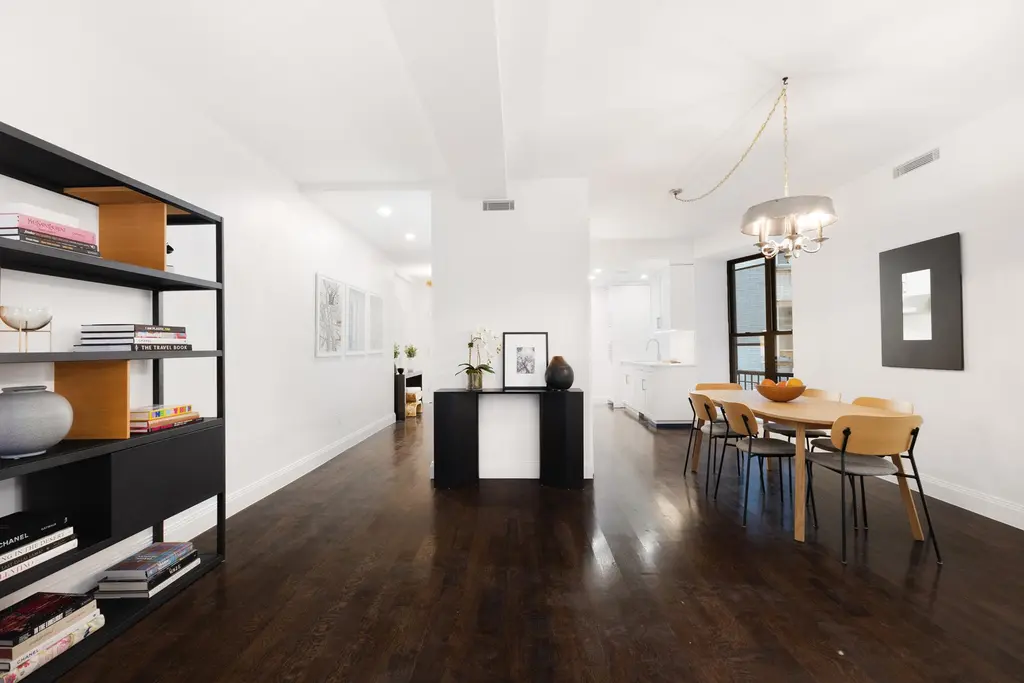
255 West 98th Street, #3B (Douglas Elliman Real Estate)
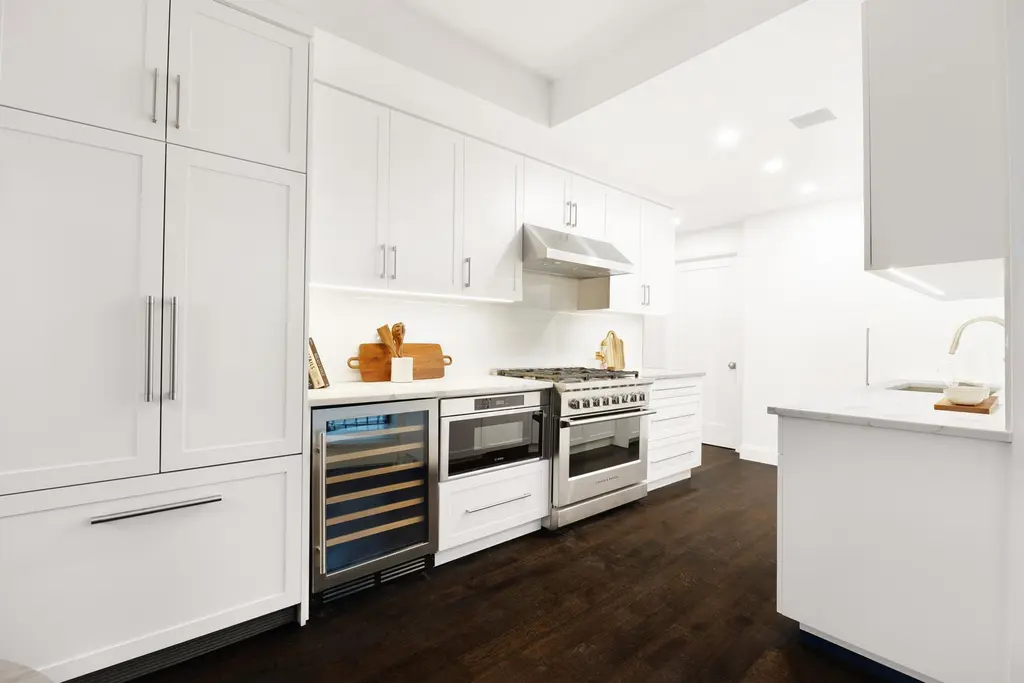

2 Horatio Street, #7M
$1,450,000
West Village | Cooperative | 1 Bedroom, 1 BathOpen House: Sunday, December 8, 2024
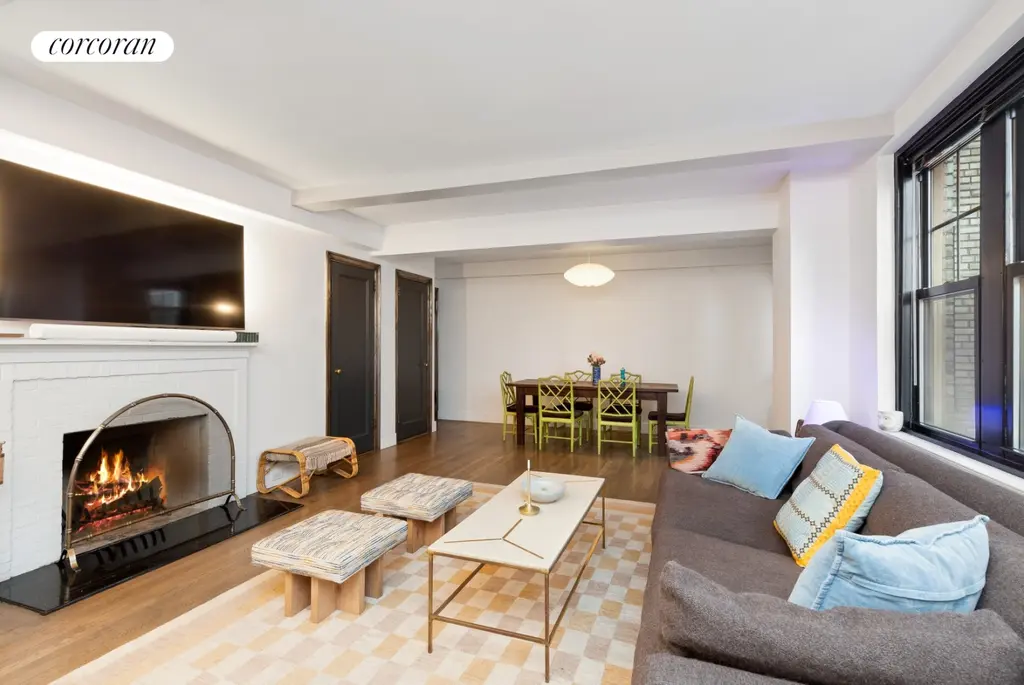
2 Horatio Street, #7M (Corcoran Group)
3 Hanover Square, #13F
$1,450,000
Financial District | Cooperative | 2 Bedrooms, 2 Baths | 1,400 ft2Open House: Sunday, December 8, 2024
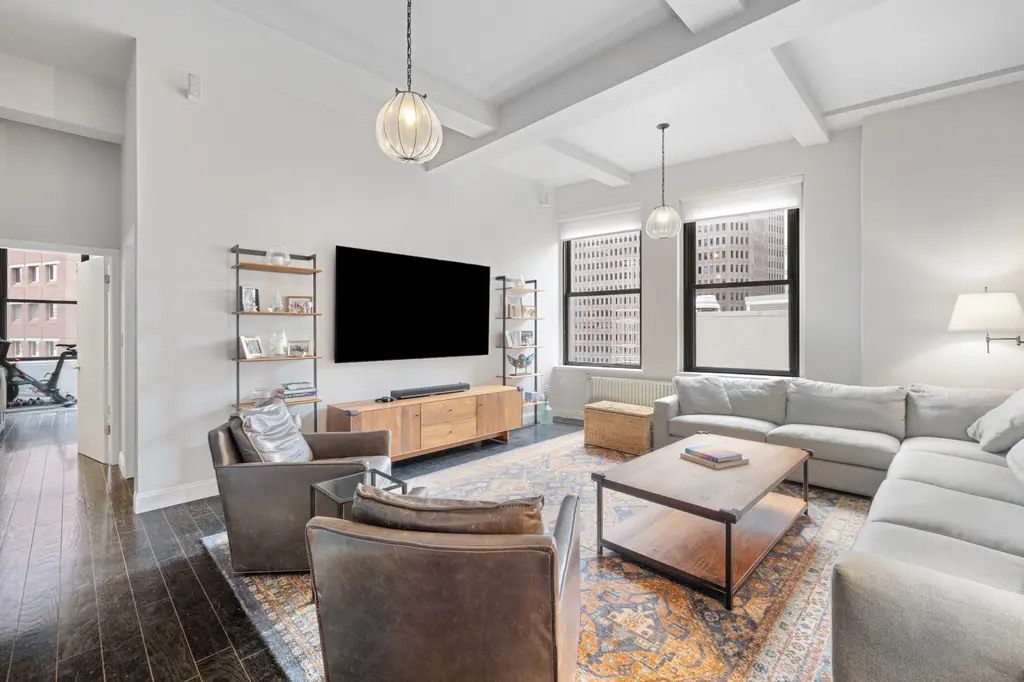
3 Hanover Square, #13F (Serhant)

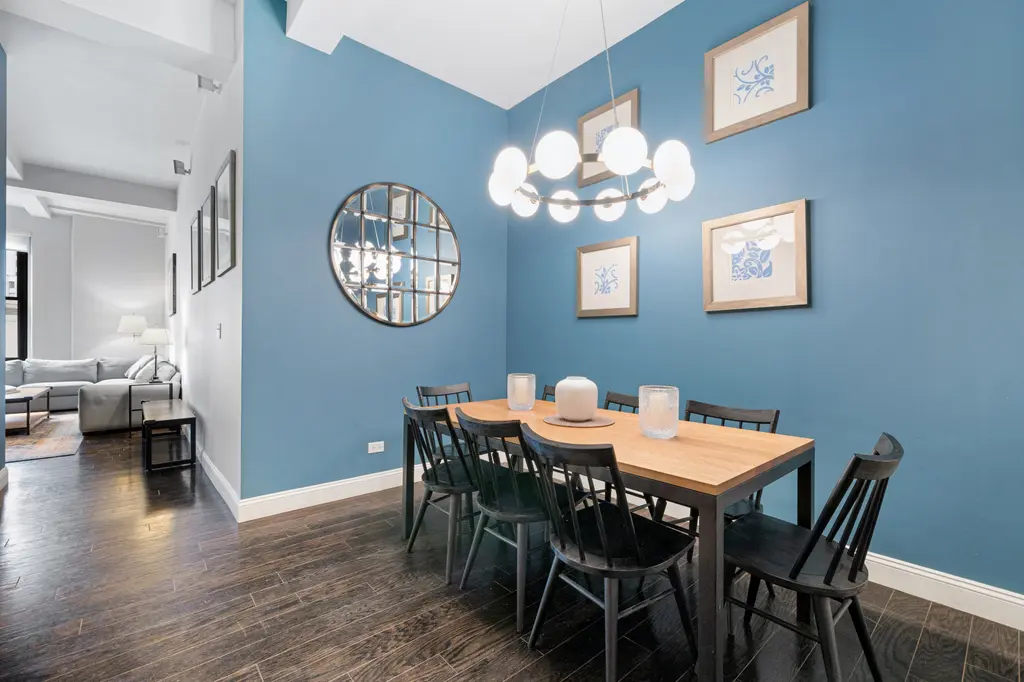
Clinton Mews, #5A
$1,275,000
Clinton Hill | Cooperative | 2 Bedrooms, 2 BathsOpen House: Sunday, December 8, 2024
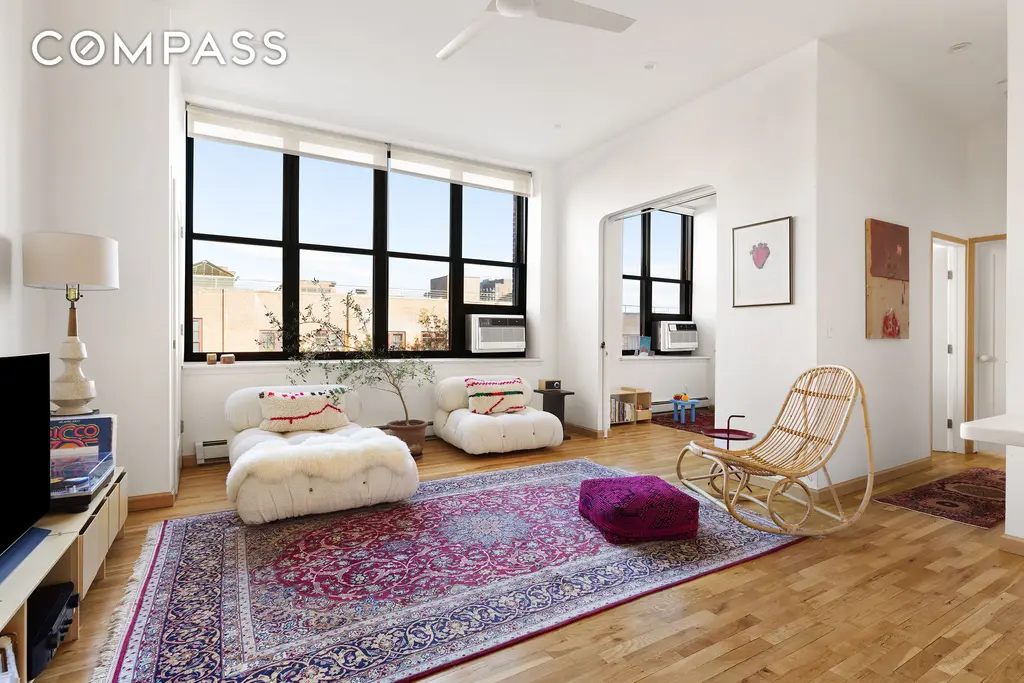
Clinton Mews, #5A (Compass)


31 Gramercy Park South, #3B
$1,200,000
Gramercy Park | Cooperative | 2 Bedrooms, 1 BathOpen House: Thursday, December 5, 2024
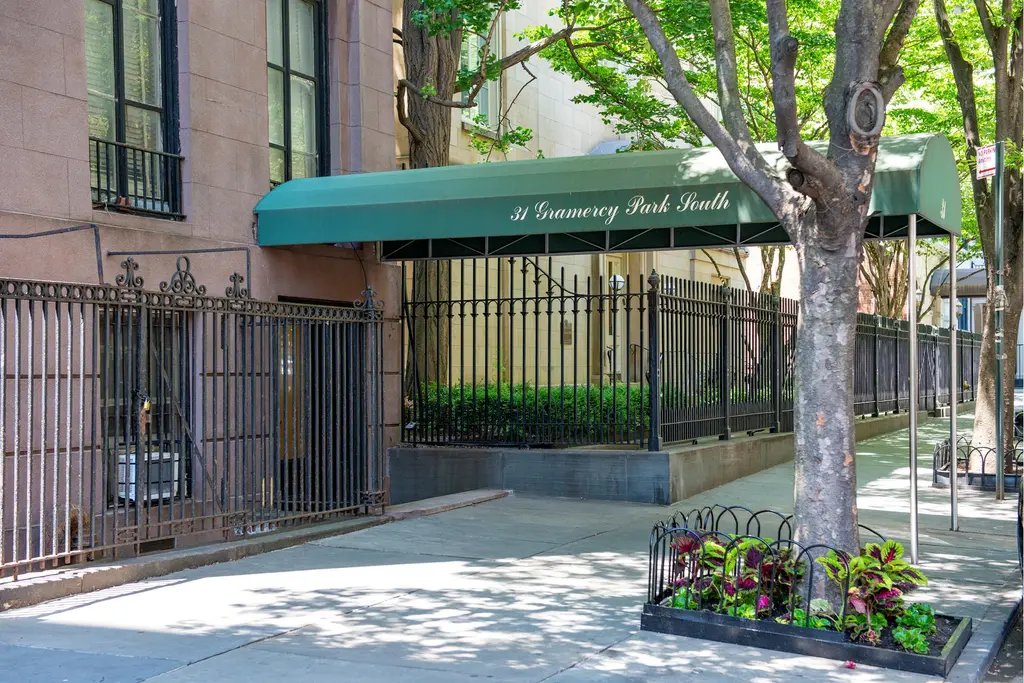
31 Gramercy Park South, #3B (Douglas Elliman Real Estate)

630 West End Avenue, #4
$1,195,000
Riverside Dr./West End Ave. | Cooperative | 2 Bedrooms, 1 BathOpen House: Sunday, December 8, 2024
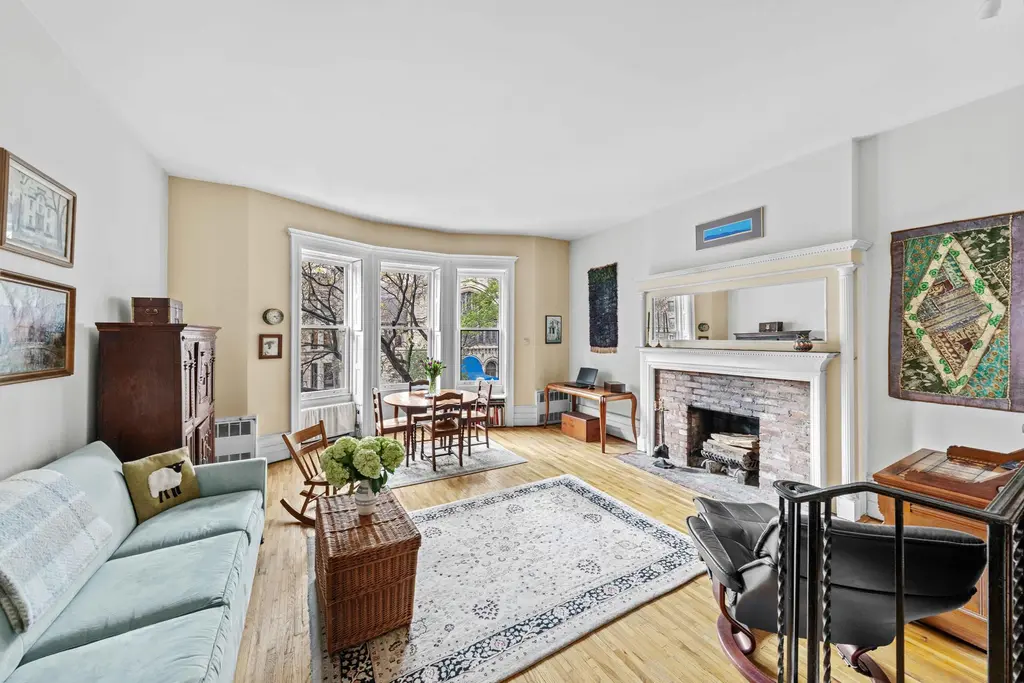
630 West End Avenue, #4 (Douglas Elliman Real Estate)
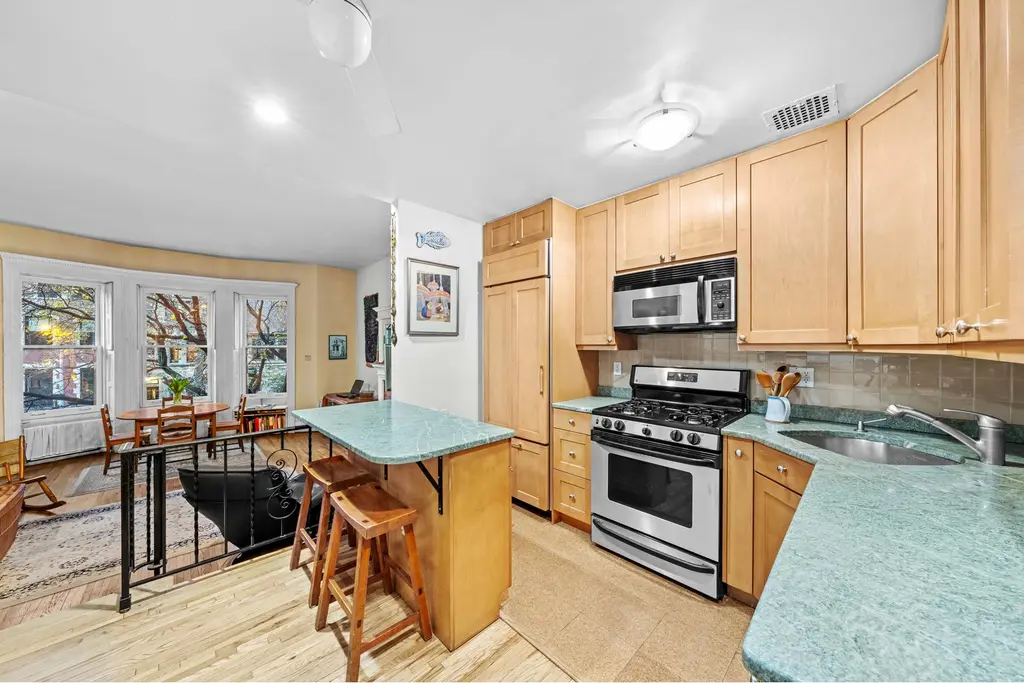

Would you like to tour any of these properties?
Just complete the info below.
Or call us at (212) 755-5544
423 Atlantic Avenue, #4N
$1,150,000
Boerum Hill | Cooperative | 1 Bedroom, 1 BathOpen House: Sunday, December 8, 2024
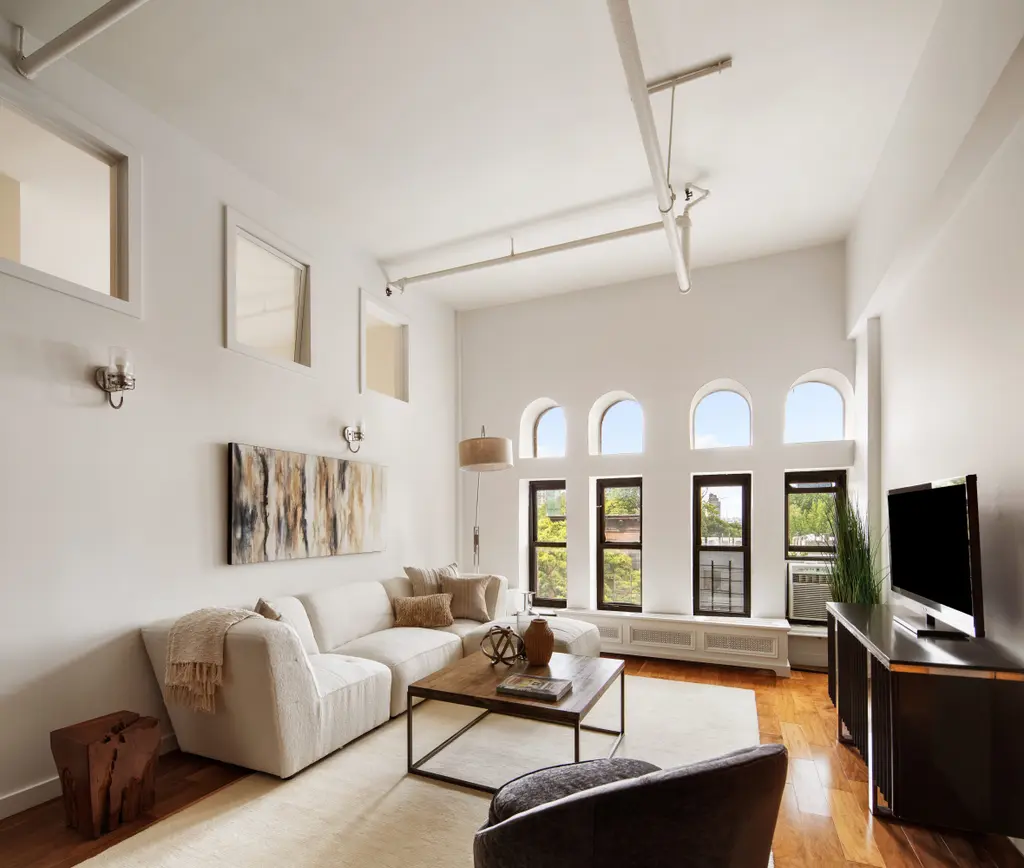
423 Atlantic Avenue, #4N (Serhant)


176 Sterling Place, #PHL
$1,170,000
Park Slope | Cooperative | 2 Bedrooms, 1 BathOpen House: Sunday, December 8, 2024
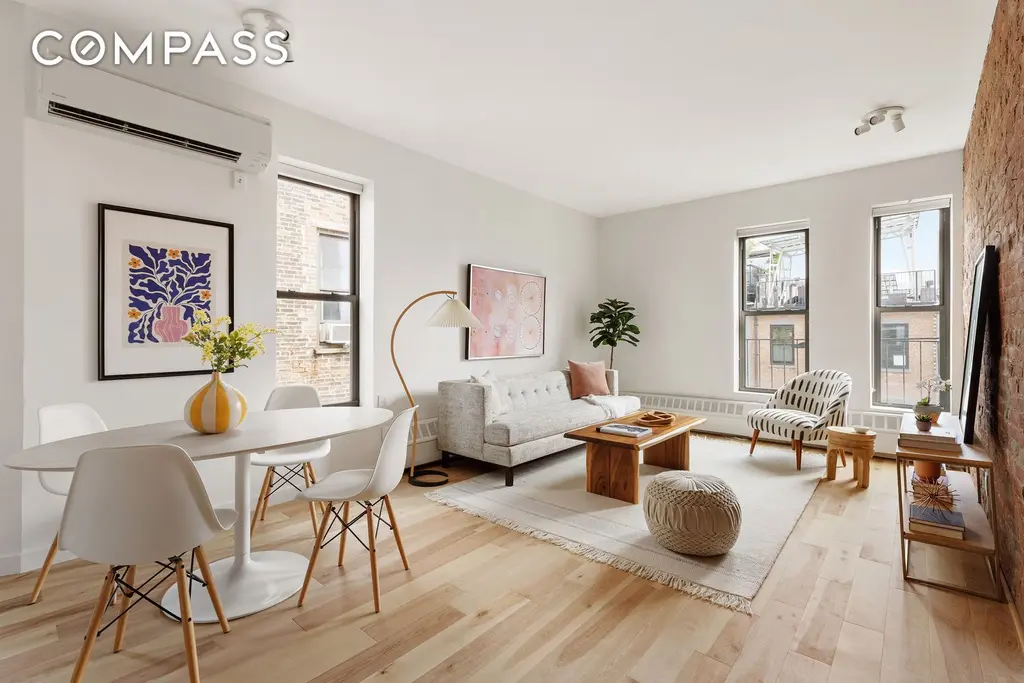
176 Sterling Place, #PHL (Compass)

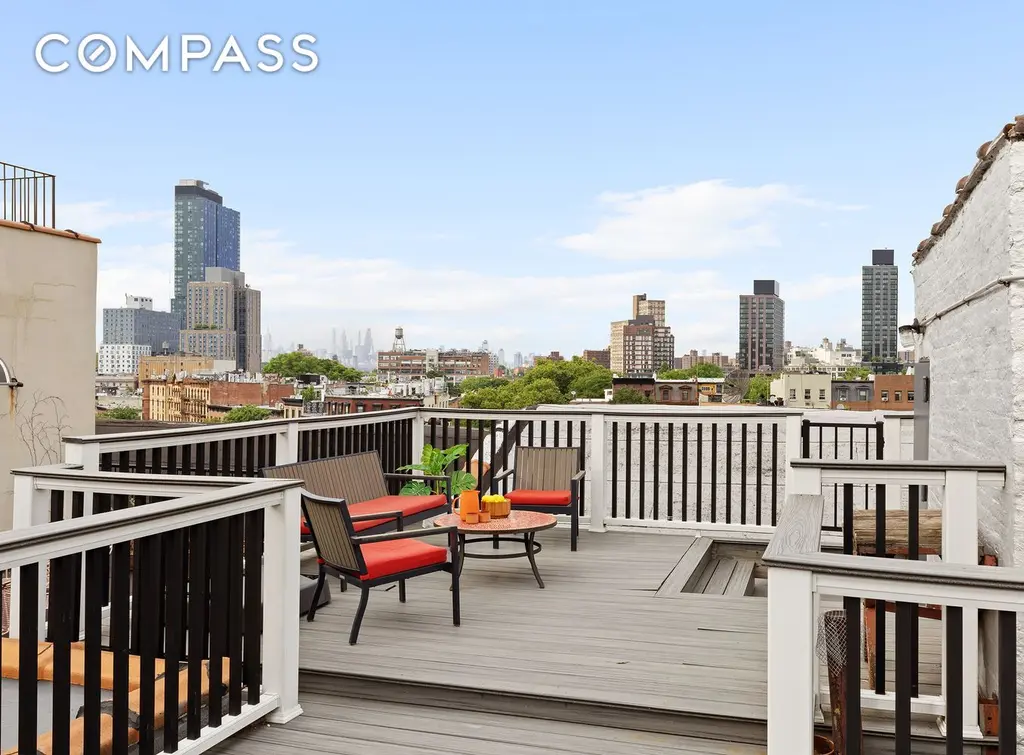
41 Fifth Avenue, #6D
$1,100,000
Greenwich Village | Cooperative | 1 Bedroom, 1 BathOpen House: Sunday, December 8, 2024
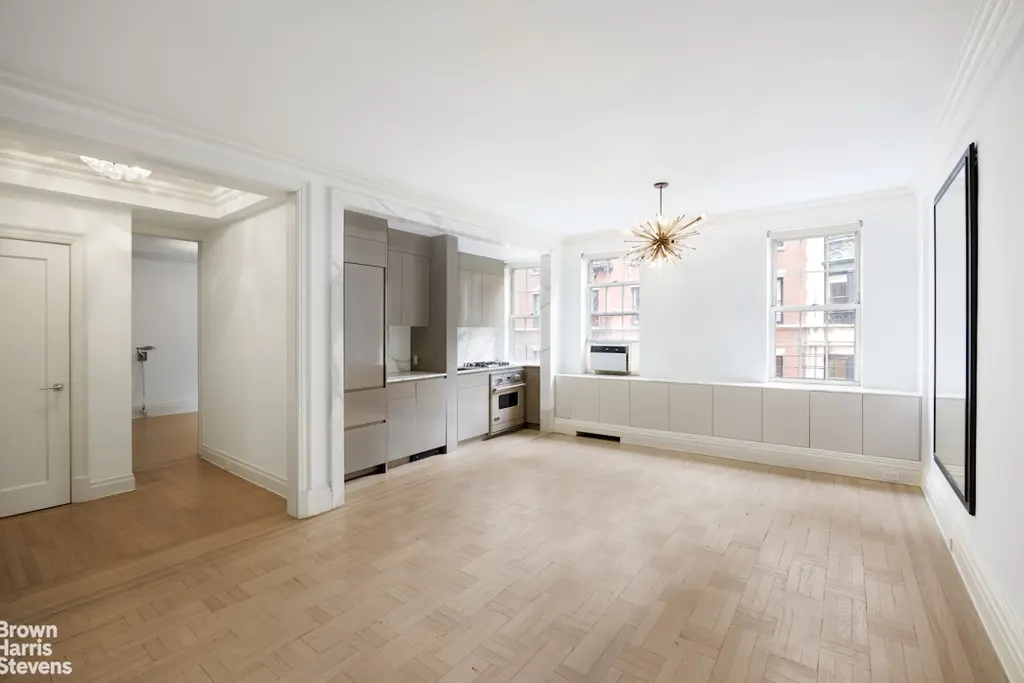
41 Fifth Avenue, #6D (Brown Harris Stevens Residential Sales LLC)

The Cambridge House, #2F
$1,100,000
Greenwich Village | Cooperative | 1 Bedroom, 1 Bath | 775 ft2Open House: Sunday, December 8, 2024

The Cambridge House, #2F (Corcoran Group)
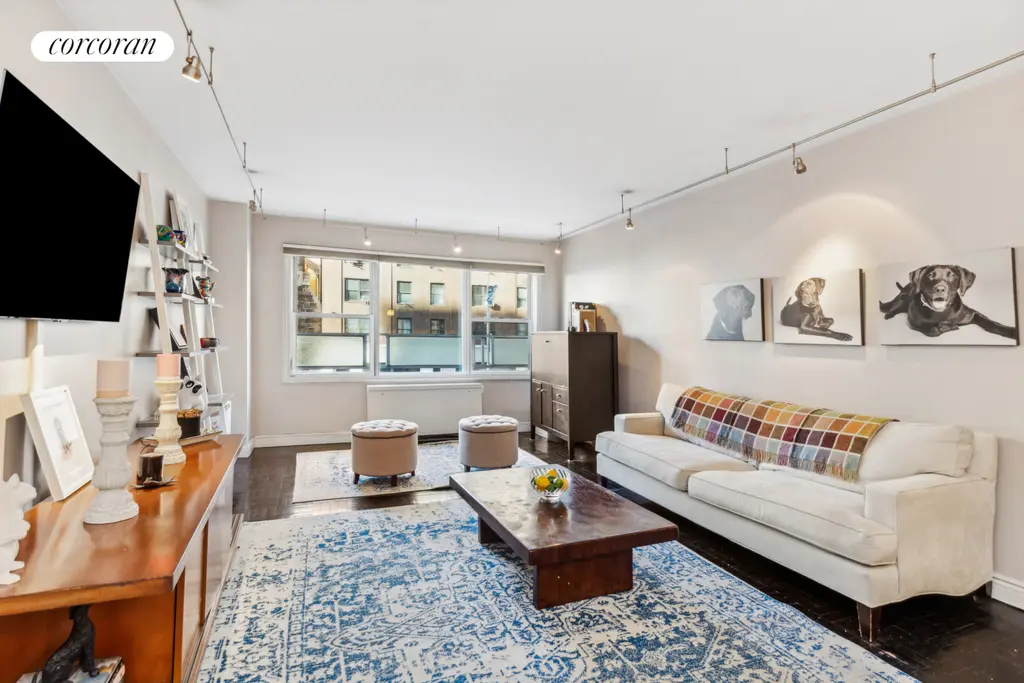
513 East 5th Street, #1B
$999,000
East Village | Cooperative | 1 Bedroom, 1 BathOpen House: Sunday, December 8, 2024

513 East 5th Street, #1B (Corcoran Group)


280 West End Avenue, #2A
$839,000
Broadway Corridor | Cooperative | 1 Bedroom, 1 Bath | 800 ft2Contact CityRealty to Schedule a Tour
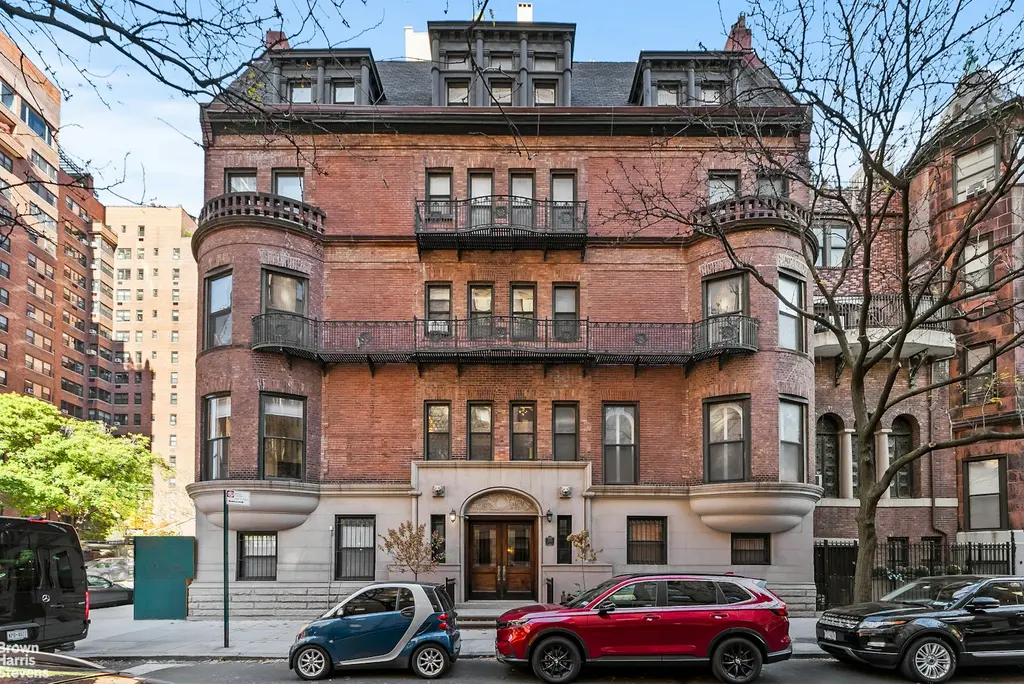
280 West End Avenue, #2A (Brown Harris Stevens Residential Sales LLC)


Plaza 400, #21R
$799,000
Beekman/Sutton Place | Cooperative | 1 Bedroom, 2 BathsContact CityRealty to schedule a showing
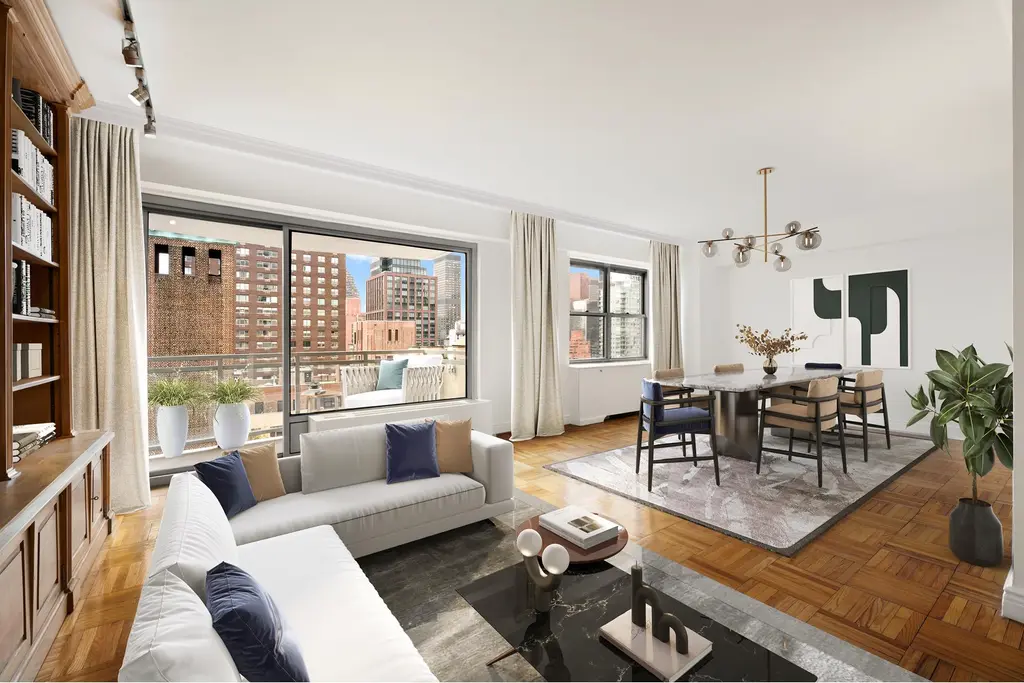
Plaza 400, #21R (Douglas Elliman Real Estate)

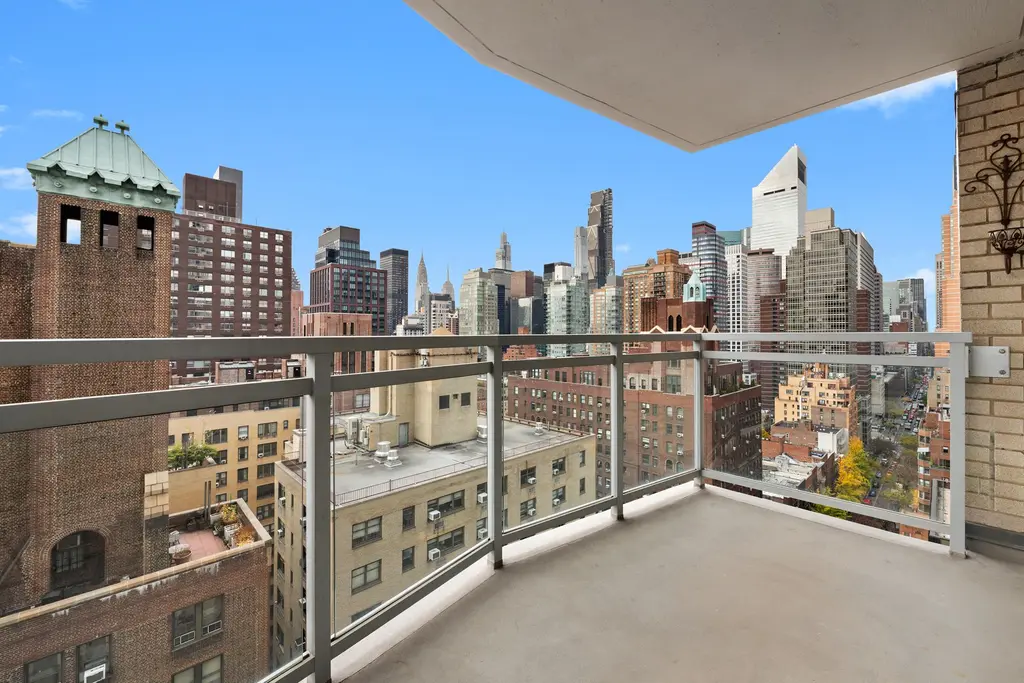
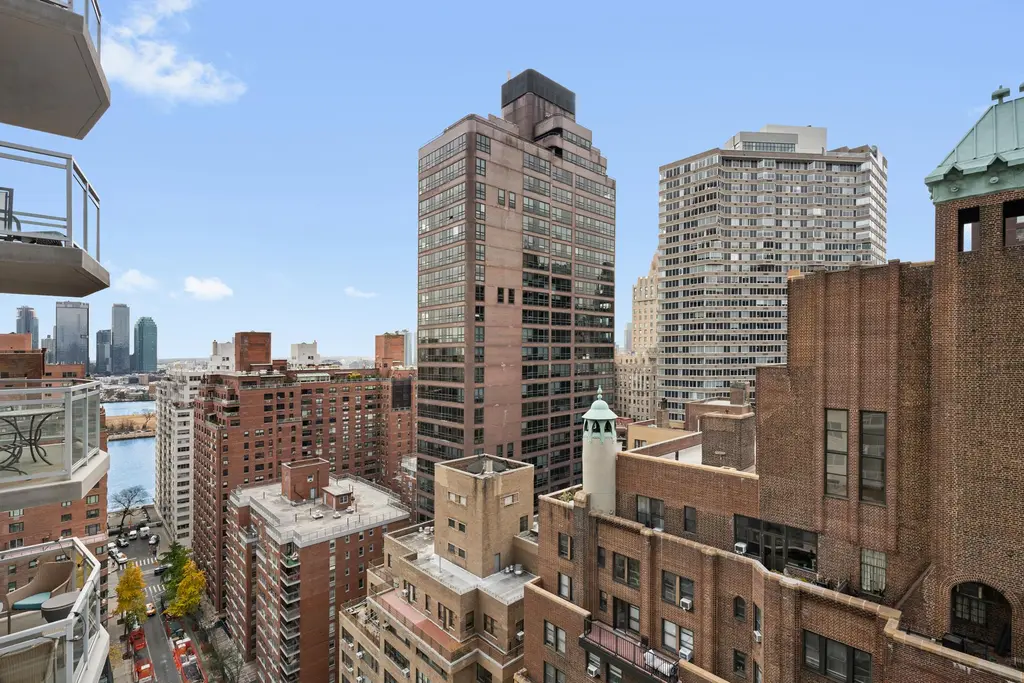
East River Coop, #C104
$799,000
Lower East Side | Cooperative | 2 Bedrooms, 1 BathOpen House: Sunday, December 8, 2024
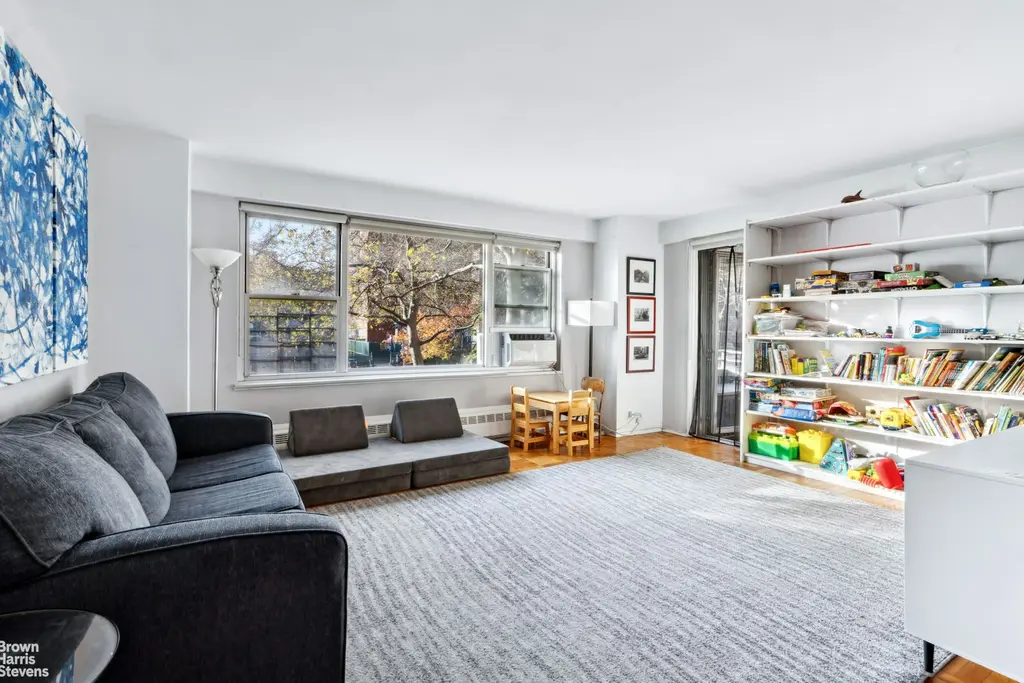
East River Coop, #C104 (Brown Harris Stevens Residential Sales LLC)
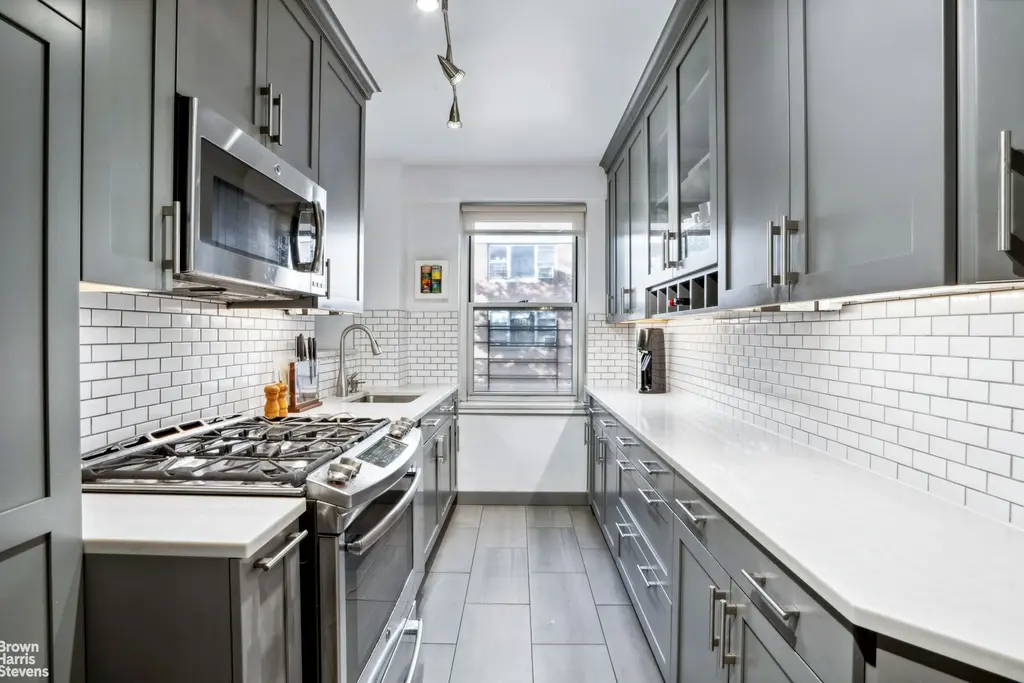
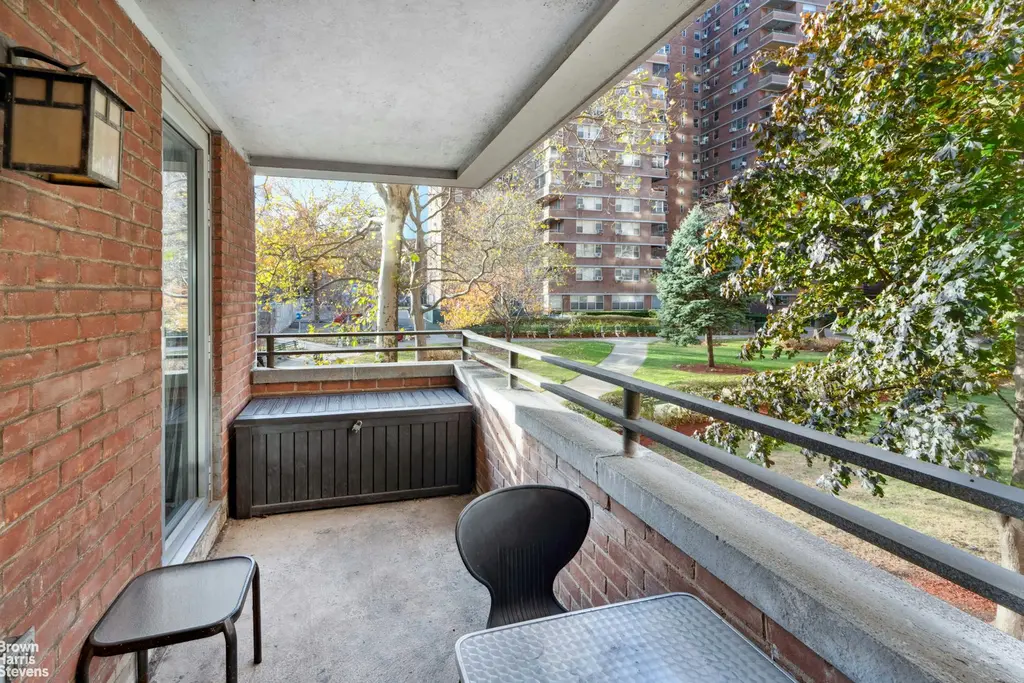
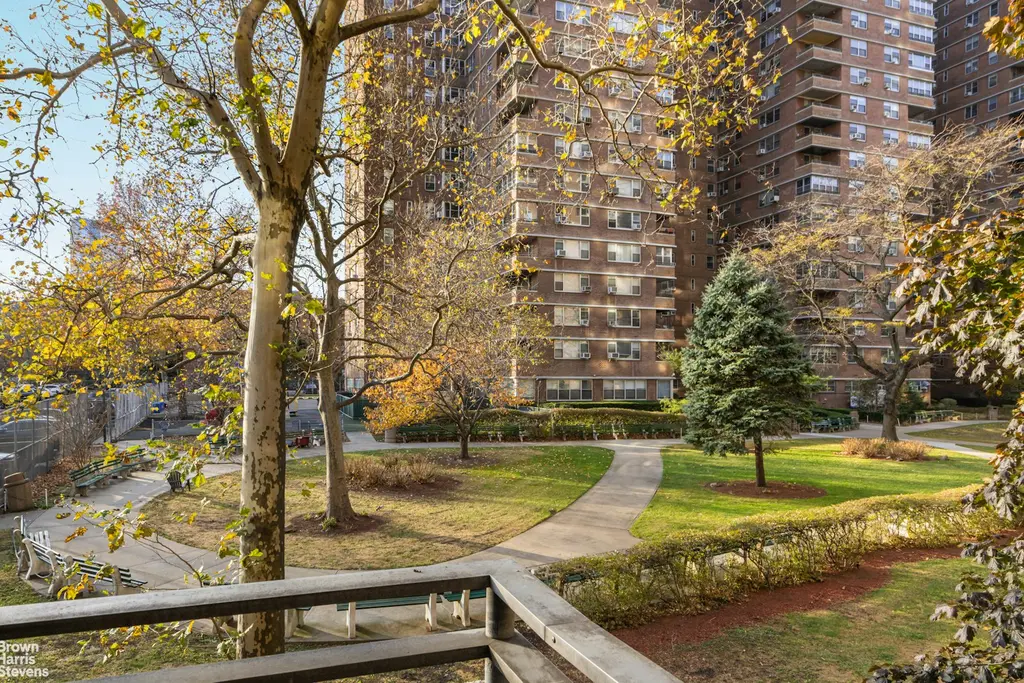
The Royal York I, #W7G
$795,000
Lenox Hill | Condop | 1 Bedroom, 1 BathOpen House: Sunday, December 8, 2024
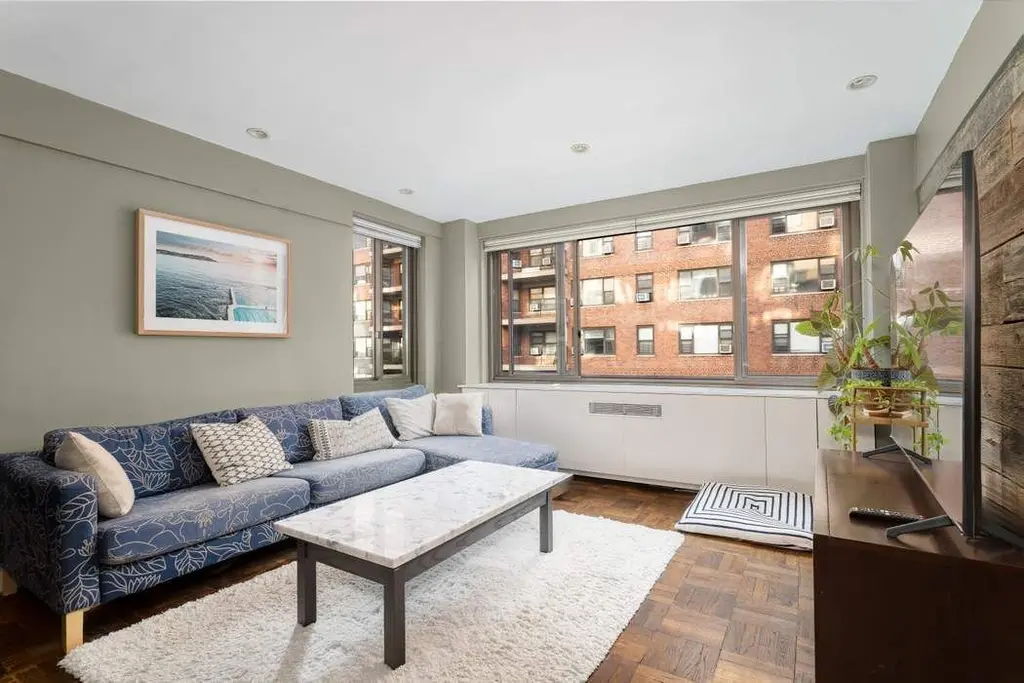
The Royal York I, #W7G (Sothebys International Realty)

The Hawthorne, #14A
$700,000
Midtown East | Condop | 1 Bedroom, 1 BathContact CityRealty to schedule a showing

The Hawthorne, #14A (Corcoran Group)

The Village Court, #3H
$695,000
East Village | Cooperative | 1 Bedroom, 1 Bath | 650 ft2Open House: Sunday, December 8, 2024

The Village Court, #3H (Brown Harris Stevens Residential Sales LLC)

The Sutton East, #11K
$679,000
Midtown East | Cooperative | 1 Bedroom, 1 BathOpen House: Sunday, December 8, 2024

The Sutton East, #11K (Douglas Elliman Real Estate)
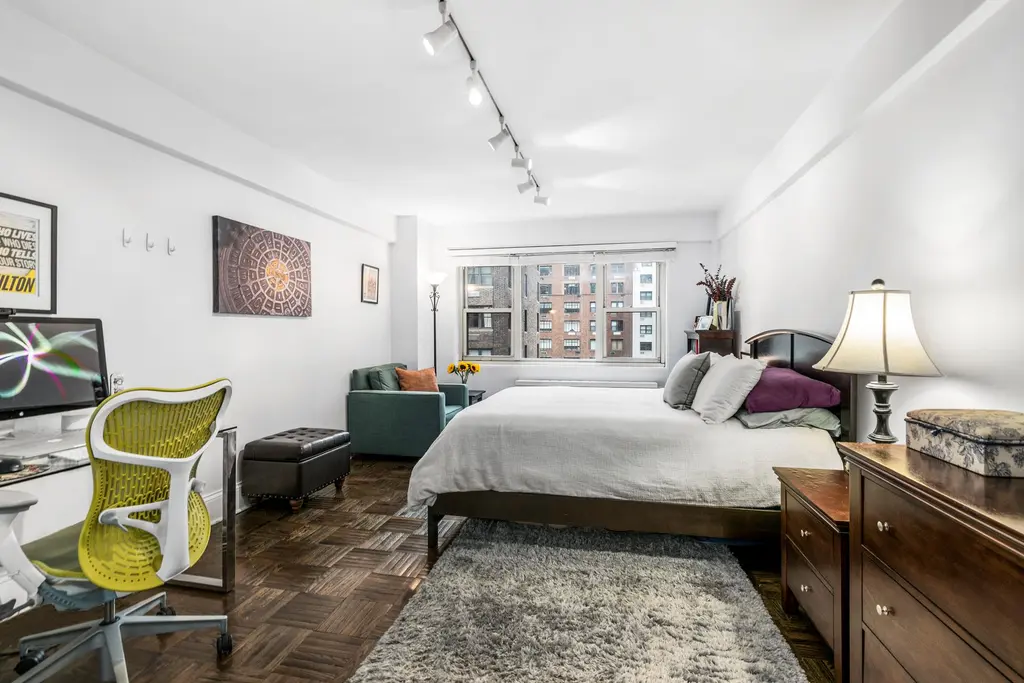
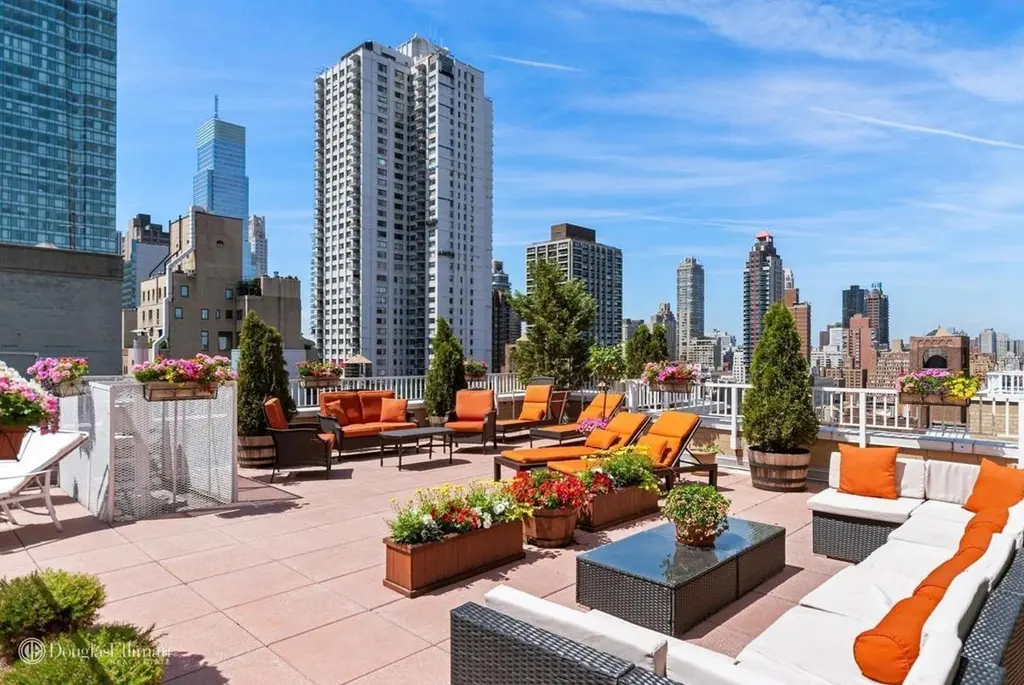
309 East 87th Street, #7O
$625,000
Yorkville | Cooperative | 1 Bedroom, 1 BathContact CityRealty to schedule a showing

309 East 87th Street, #7O (Compass)
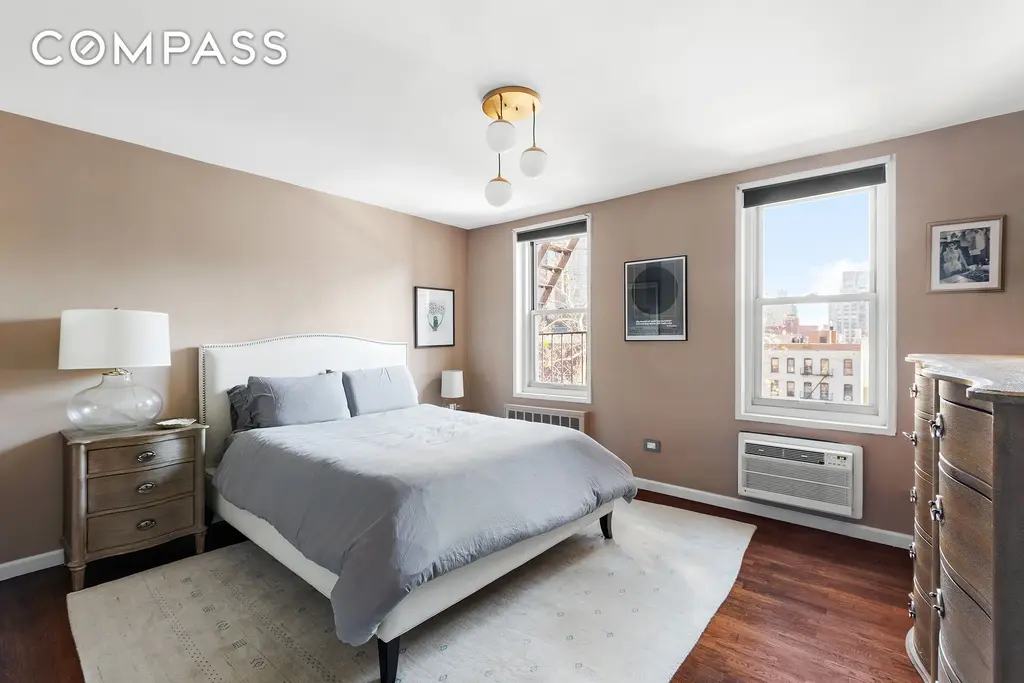
The John Adams, #12E
$599,000
Greenwich Village | Cooperative | Studio, 1 BathContact CityRealty to schedule a showing

The John Adams, #12E (Douglas Elliman Real Estate)
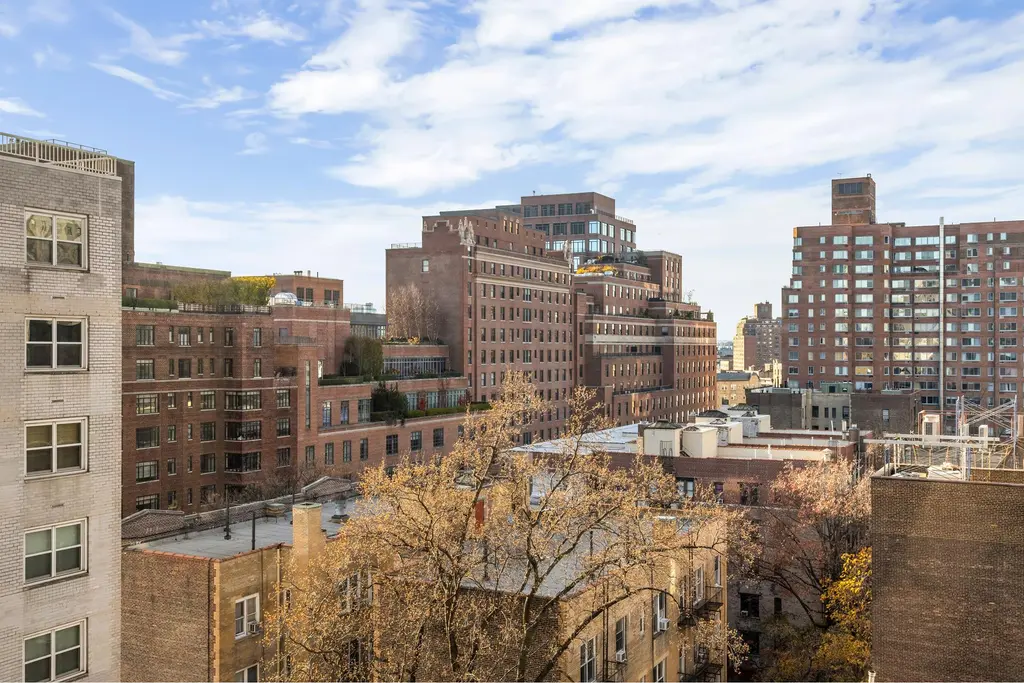
Kensington House, #905
$565,000
Chelsea | Cooperative | Studio, 1 BathContact CityRealty to schedule a showing
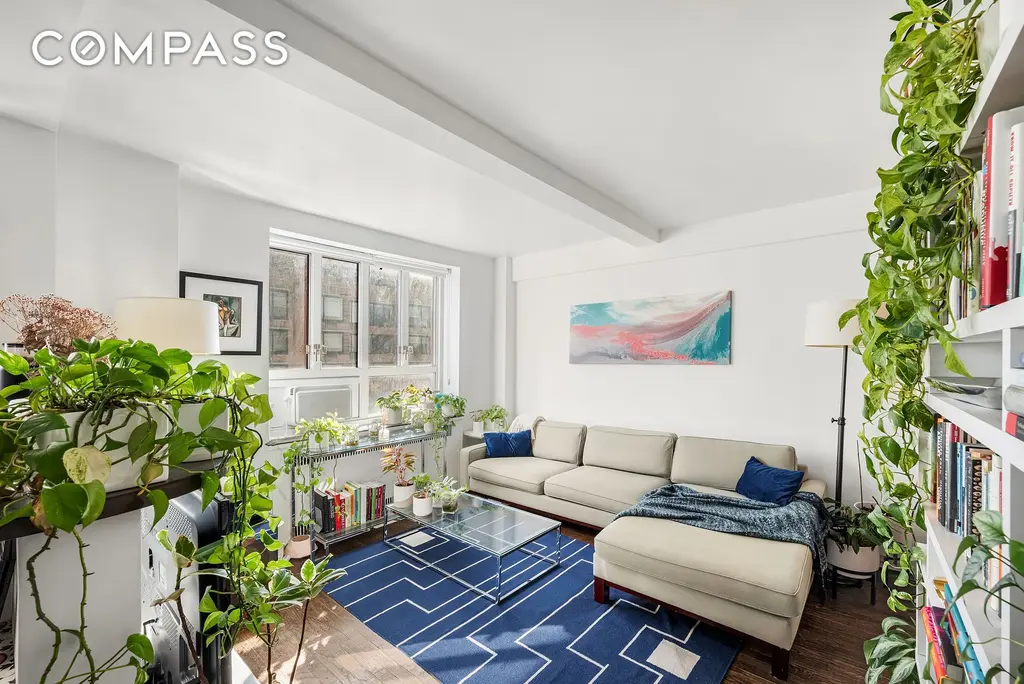
Kensington House, #905 (Compass)

The Verdi, #13K
$550,000
Broadway Corridor | Cooperative | 1 Bedroom, 1 BathOpen House: Sunday, December 8, 2024
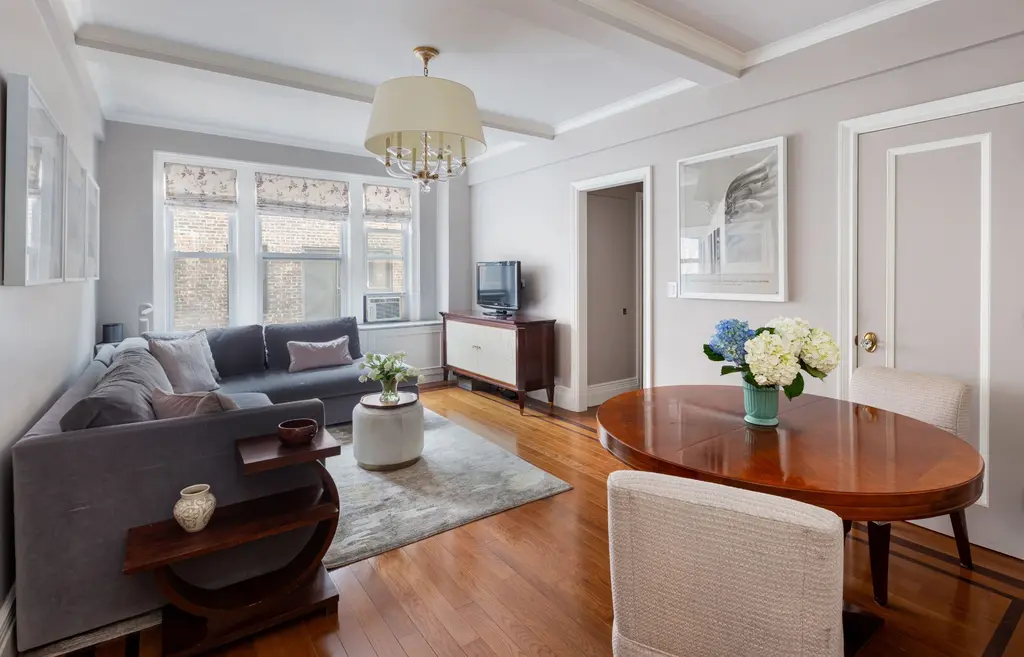
The Verdi, #13K (Keller Williams NYC)
59 Pineapple Street, #2L
$550,000
Brooklyn Heights | Cooperative | 1 Bedroom, 1 BathContact CityRealty to schedule a showing
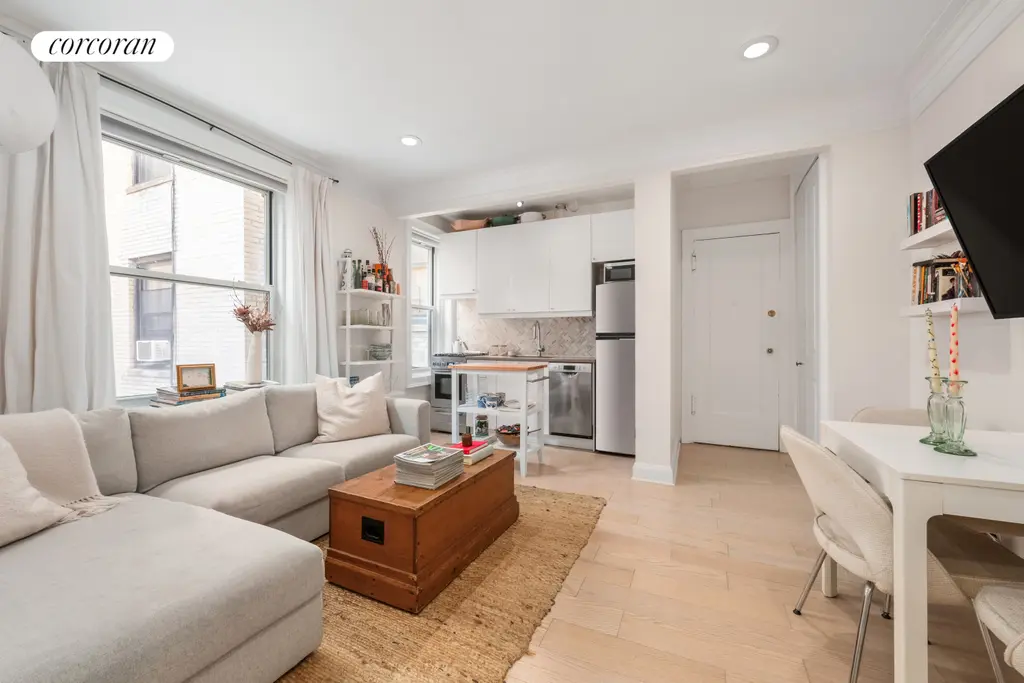
59 Pineapple Street, #2L (Corcoran Group)
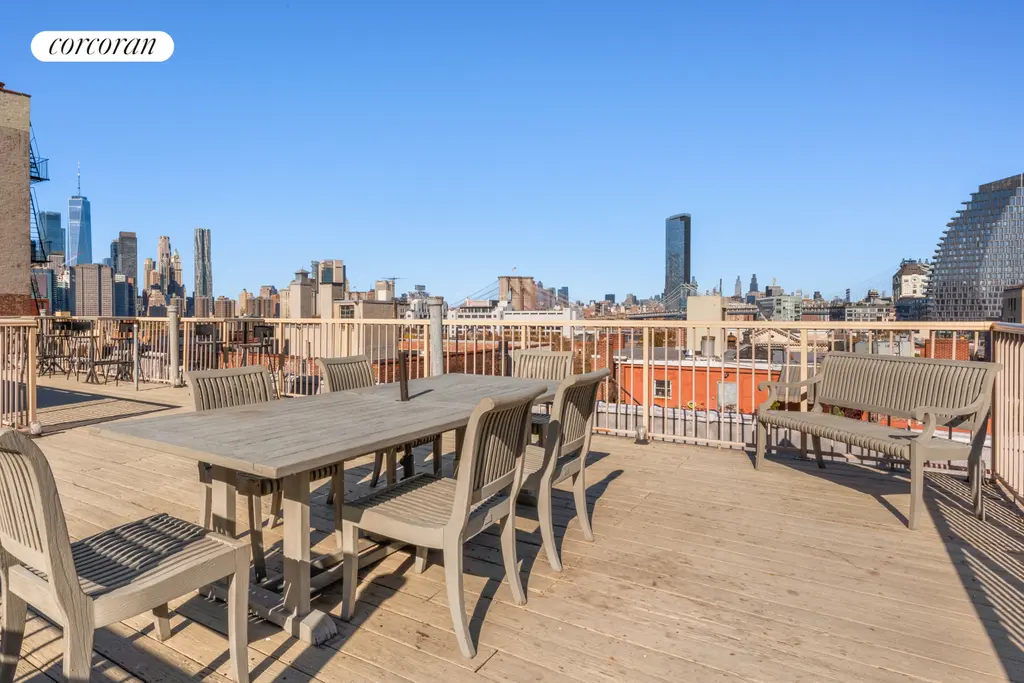
The Penny Lane, #220
$539,000
Gramercy Park | Cooperative | 1 Bedroom, 1 BathOpen House: Sunday, December 8, 2024
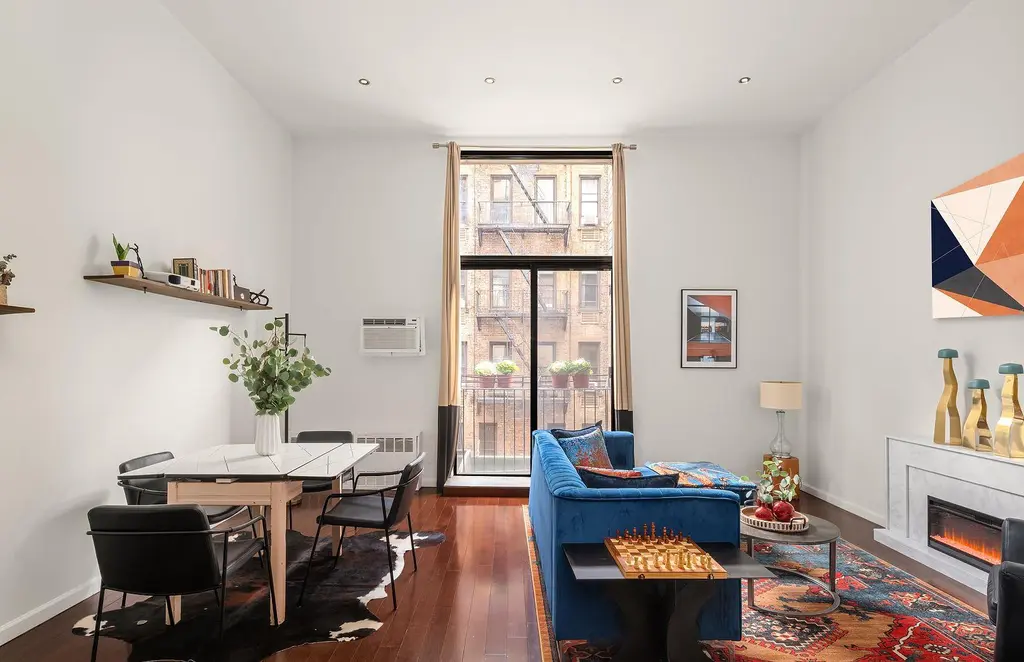
The Penny Lane, #220 (Douglas Elliman Real Estate)
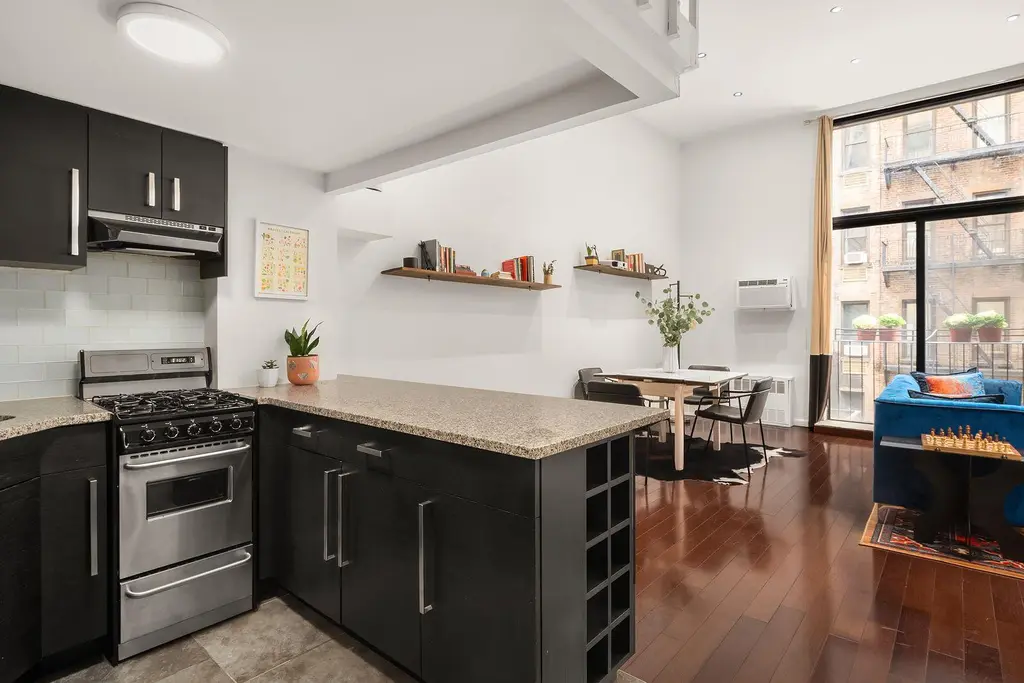
227 East 57th Street, #6C
$480,000
Midtown East | Cooperative | 1 Bedroom, 1 BathOpen House: Sunday, December 8, 2024
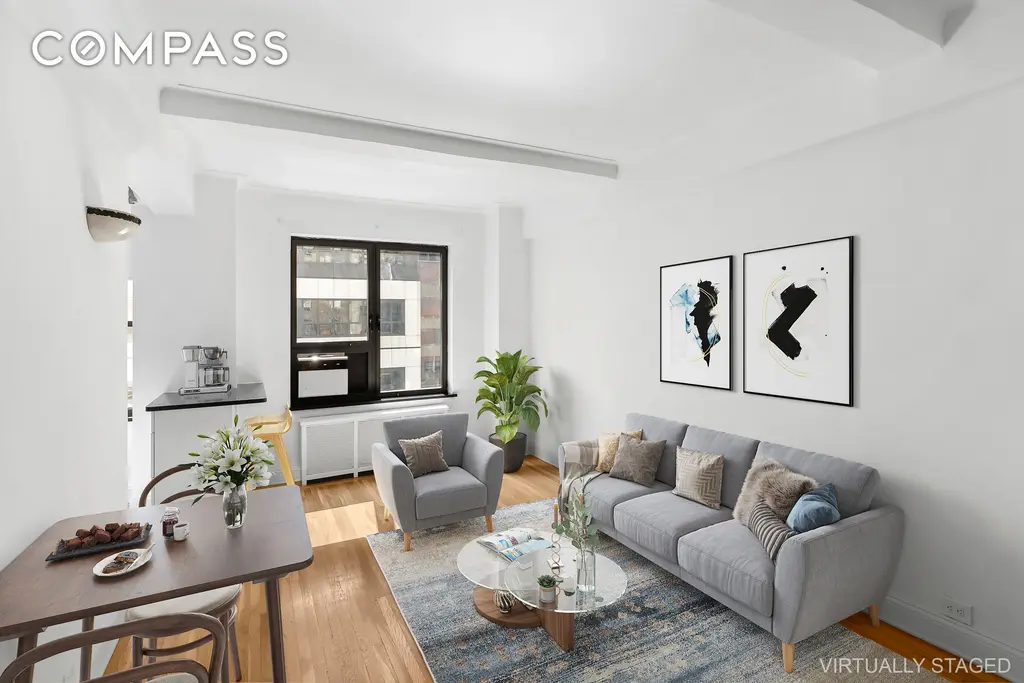
227 East 57th Street, #6C (Compass)
Tudor Tower, #1206
$305,000
Turtle Bay/United Nations | Cooperative | Studio, 1 BathOpen House: Sunday, December 8, 2024
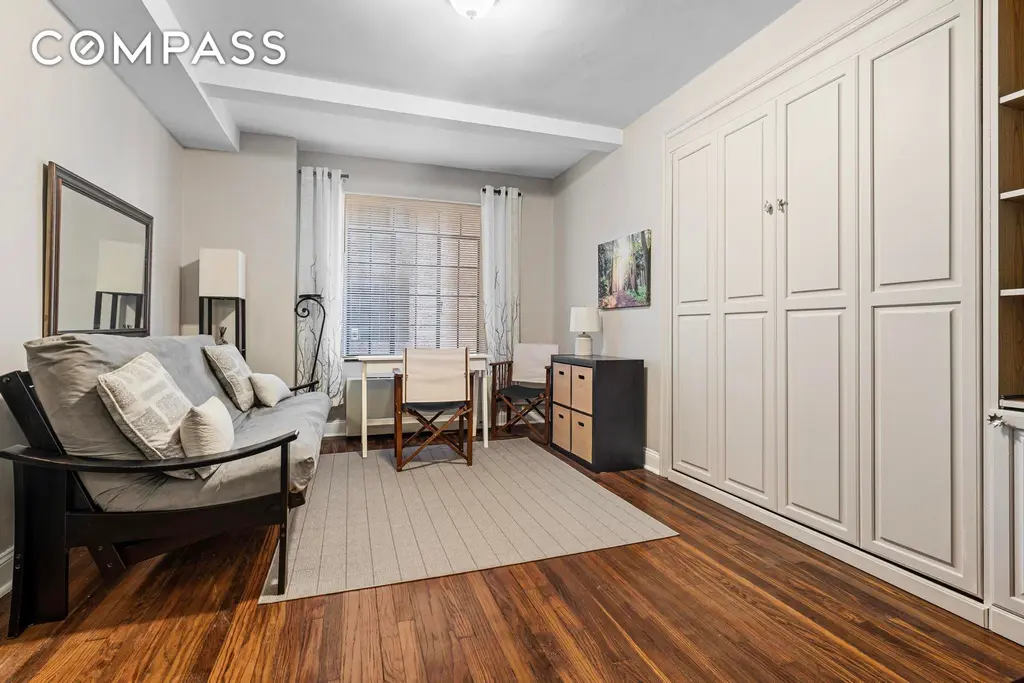
Tudor Tower, #1206 (Compass)
417 East 87th Street, #4A
$289,000
Yorkville | Cooperative | Studio, 1 BathOpen House: Sunday, December 8, 2024
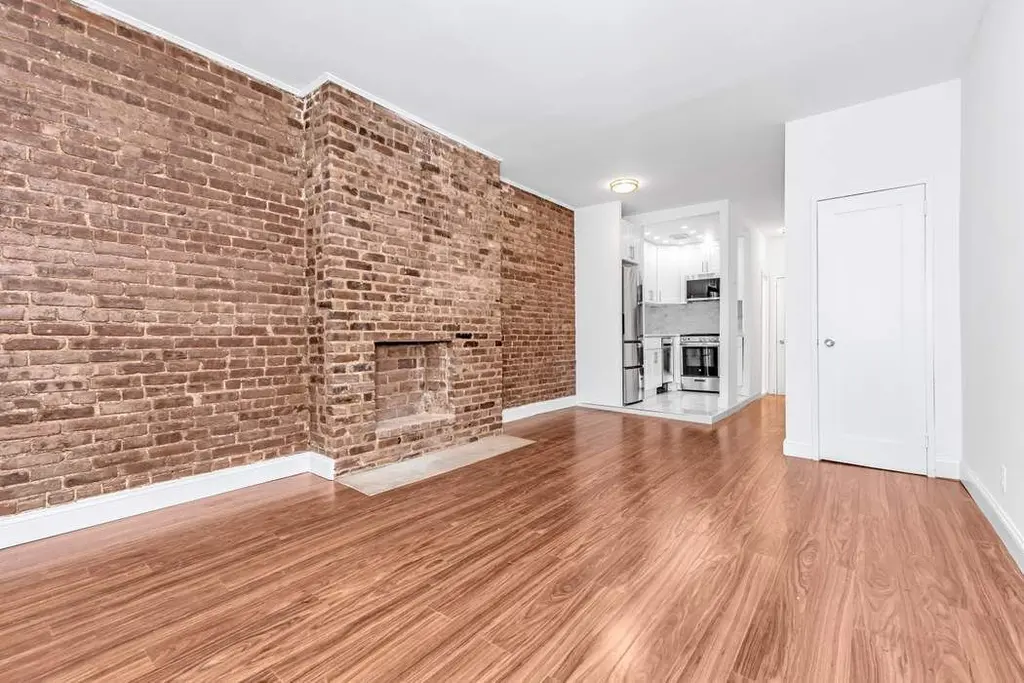
417 East 87th Street, #4A (Sothebys International Realty)
Would you like to tour any of these properties?
Just complete the info below.
Or call us at (212) 755-5544
Would you like to tour any of these properties?

Contributing Writer
Cait Etherington
Cait Etherington has over twenty years of experience working as a journalist and communications consultant. Her articles and reviews have been published in newspapers and magazines across the United States and internationally. An experienced financial writer, Cait is committed to exposing the human side of stories about contemporary business, banking and workplace relations. She also enjoys writing about trends, lifestyles and real estate in New York City where she lives with her family in a cozy apartment on the twentieth floor of a Manhattan high rise.

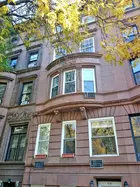
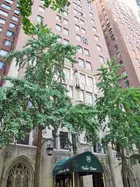





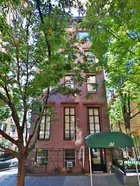








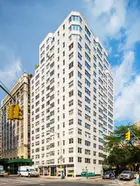




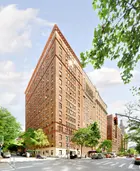
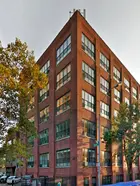
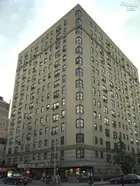

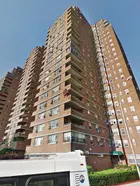
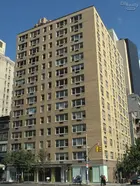
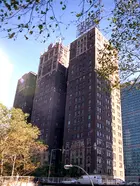
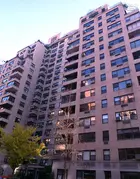


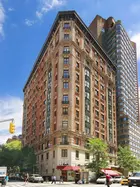
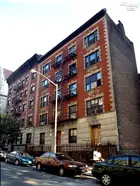
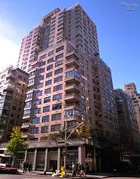
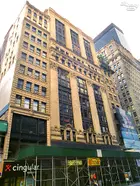





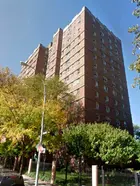
 6sqft delivers the latest on real estate, architecture, and design, straight from New York City.
6sqft delivers the latest on real estate, architecture, and design, straight from New York City.
